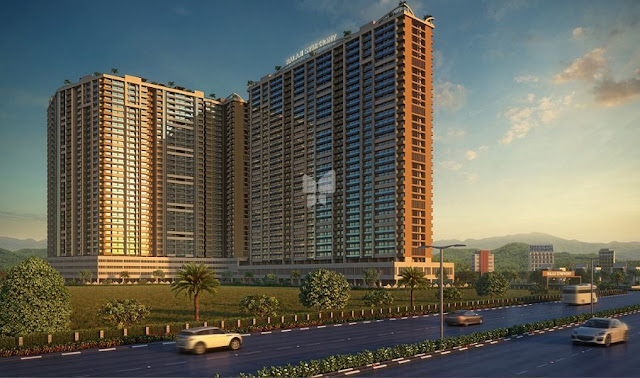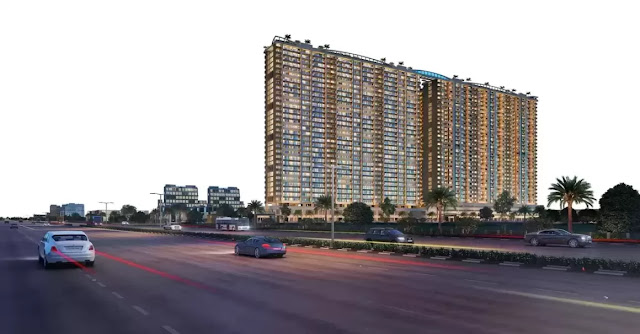Income Tax Benefits on House Rent
To meet the high costs of living in rented accommodations, employers
Tax benefits available to salaried people who receive HRA from their employers
You are entitled to tax exemption under Section 10 (13A) of the Income Tax Act, with respect to the HRA received by you, subject to certain limits and conditions. The first condition, is that you should actually be paying rent for a residential accommodation occupied by you. This means that the accommodation should be in a place where you are employed. Moreover, you should not be the owner (sole owner or co-owner) of the accommodation for which you are paying rent.
This situation may arise, when the
The quantum of deduction, will depend on where the employee is staying. The
HRA actually received.
50% of the salary (for employees staying in metropolitan cities of Mumbai, Kolkata, Delhi or Chennai), or 40% of the salary (for employees living elsewhere).
Excess of the rent paid over 10% of the salary.
Salary for the above purpose includes the basic salary, dearness allowance and any fixed commission as
Rent paid by people who are not in receipt of HRA
Section 80GG of the Income Tax Act also allows deduction on the rent paid by a person. This can be claimed by self-employed people, as well as employees who do not receive any HRA from their employers. The benefit is allowed as a deduction from one’s total income. However, the deduction is restricted to 25% of the total income, or excess of rent actually paid over 10% of the total income. Moreover, the maximum deduction that can be claimed in a year is Rs 60,000 and Rs 5,000 per month.
This 10% deduction is not based on the period for which you occupy the rented premises. Hence, you can claim the full deduction, even if you have occupied the rented premises for one month. However, this benefit cannot be claimed, if you, your spouse, or minor child also own any residential accommodation in the same region. It also cannot be claimed, if the HUF of which you are a member, owns residential property at the same place where you reside. So, even if the property owned by the specified persons above is let-out, you still cannot claim the benefits for rent paid under section 80GG. You also cannot claim this deduction, if you own a house property
Balaji Symphony is one of the best Luxury residential and Commercial Real Estate developer and Builders in Panvel, Navi Mumbai. Provides lavish and luxurious developed 1 BHK, 2 BHK and 3 BHK Flats & Projects in Panvel. The venture is well prepared with all contemporary facilities and 24X7 protection support to accomplish the needs of the citizens with modern amenities and security services. Buy Property in Navi Mumbai.
Source: https://housing.com/news/income-tax-benefits-house-rent/




Comments
Post a Comment